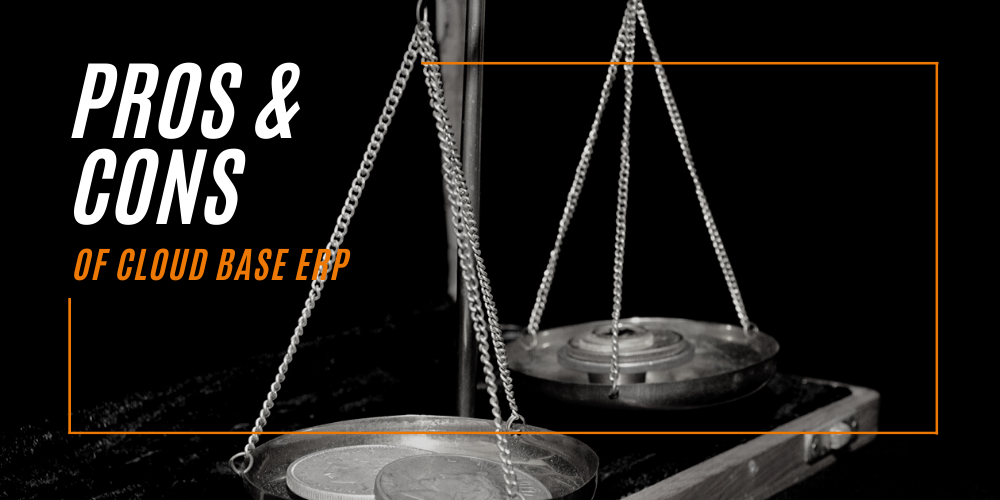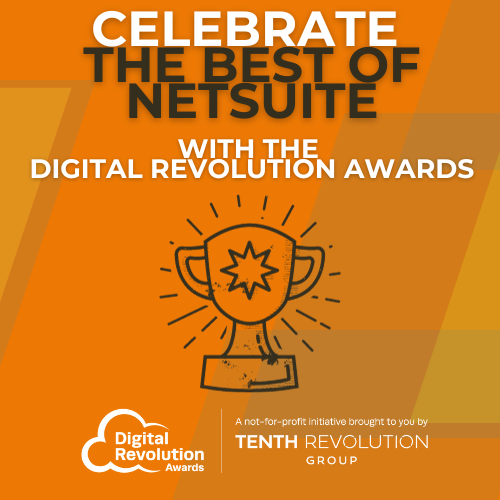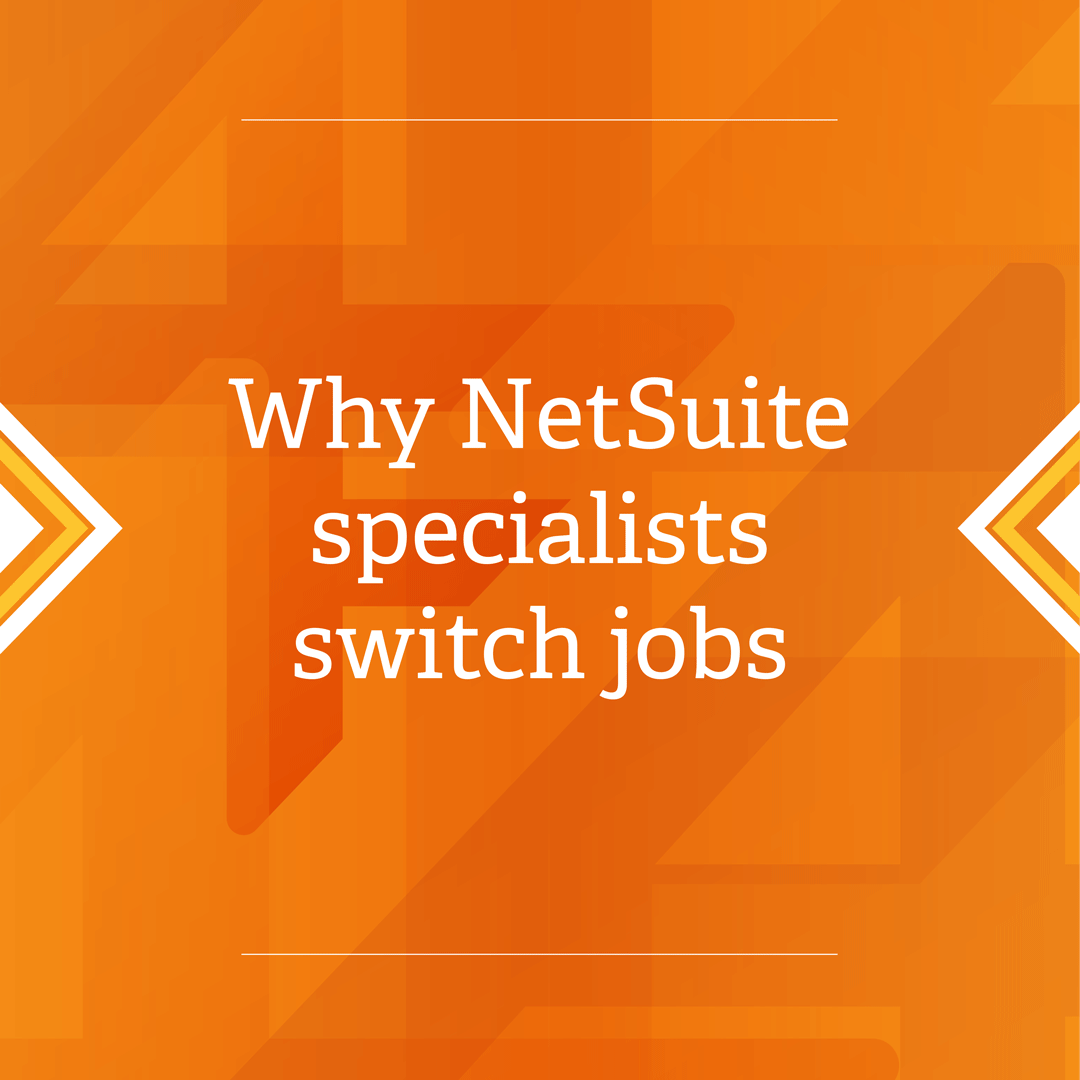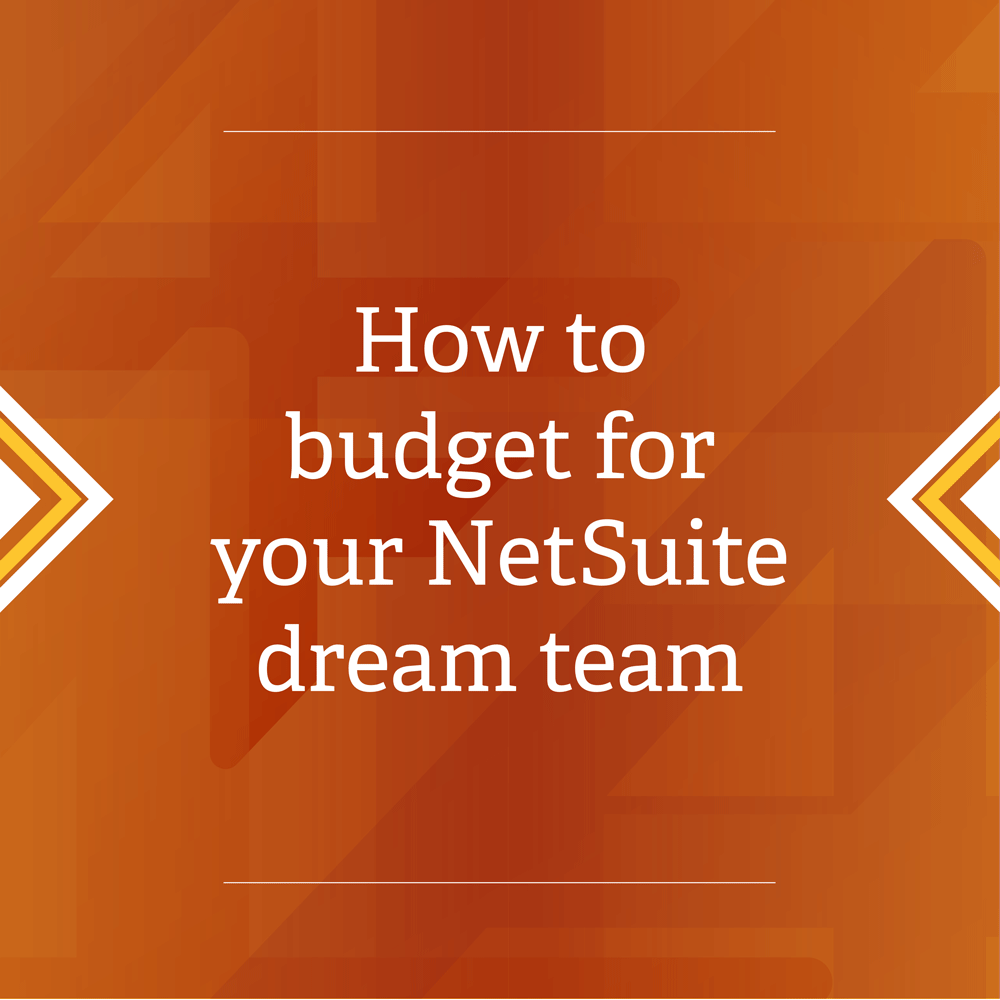The pros and cons of a cloud-based ERP

So, you’re thinking of implementing a cloud-based ERP system in your business, but you still aren’t quite sure what it has to offer?
If you would like a full breakdown of exactly what a cloud-based ERP offers, then let us explain.
The NetSuite cloud ERP is the best on the market, download our independent report on NetSuite to gain further insight into the cost of cloud ERP.
What is a cloud-based ERP?
Before you can make any decision, it’s important to know what a cloud-based ERP is. Enterprise resource planning (ERP) software that is cloud-based is a system that makes use of cloud computing platforms and services to offer your business an easier way to store their data and complete tasks. This software is available over the internet.
Cloud-based ERP takes less looking after
One of the significant advantages of selecting a cloud-based ERP is the fact that your preferred vendor takes care of the implementation process. This way, your system will be implemented a lot quicker than would be possible by selecting an on-premise ERP solution.
Not only does the implementation speed benefit your business, but any updates that may occur after you’ve implemented your product are automatically taken care of by your vendor. This way, you can be assured that you are always using the most up-to-date software without needing to worry about setting aside any time or money to do so as your in-house team will not need to focus on this.
The very nature of a cloud-based ERP means you have to relinquish control of your software, maintenance, and upgrades so you can leave it in the hands of your chosen vendor.
Greater support
Choosing the right ERP solution for your business is essential. For those vendors who maintain the ownership of the software and hardware provided, they will often provide your company with extensive round-the-clock support.
If you were to choose to implement an on-premise ERP solution, you would need to purchase support packages as and when they are released continually, but with cloud-based systems, usually, it is offered in the overall package.
Enhanced security
It may come as a surprise that enhanced security is one of the benefits of cloud-based ERP, but it is true – a system based in the cloud can be more secure than if you host your data in-house.
Once upon a time, it was a clear thought that housing your business’s sensitive data in the cloud was too risky. However, it’s now becoming apparent that a host of ERP cloud vendors offer a more secure environment in which to hold your information.
It is very much a case of their reputation being on the line if something goes wrong, therefore, to continue to grow their own business, they need to adhere to your company’s needs.
BAASS Business Solutions Ltd’s General Manager, Wendy Gorrie, believes a cloud-based ERP vendor’s security is a major benefit. “Data is remotely accessed and not stored locally on devices,” she says. “So, to access your data, you don’t download to local laptops and other devices, therefore a lost device will not put the data at risk as it never leaves the server.”
Of course, although the vendors will act as your partner, it is still partly your responsibility to make sure your data remains safe.
Scalability
Usually, a business decides it’s time to implement an ERP solution as they have outgrown their current system. By choosing a cloud-based ERP system, a company can quickly scale up or down depending on their business needs, making it very appealing to go ahead with this option.
A cloud-based system offers immediate changes to suit your company, whereas on-premise ERP would be time and labor-intensive.
Compare ERP cloud to an on-premise systemCost transparency
Cloud ERP offers a business the chance to spread their costs. With a smaller implementation fee compared to an on-premise ERP solution, this option often suits smaller to mid-sized companies.
After implementing your system, you can choose a pay-per-use or subscription model to suit your business. Therefore, you’ll know exactly how much your continuous expenditure is going to be. This way, there is no need for your company to pay for a service that they will not use or need.
May cost more in the long-term
However, although it will offer transparency, the long-term cost must be considered before you choose a cloud-based ERP system.
If you are looking to move to a cloud application, you must look at where you expect your business to be in 10 years, as periodic payments can make this option more costly over an extended period.
Lack of customization
By implementing your ERP system to the cloud, you will not be able to customize your system to the exact specification you may want. Although a cloud-based ERP system speeds up the implementation process, this is because there is usually a rigid template in place.
If your business will benefit from a personal approach, cloud-based ERP may not be for you as many third-party applications only allow for interface customizations. While this may be suitable for smaller businesses, it can be a hindrance for larger firms as many want total control over their productivity applications.
Limited product suites
Most companies that offer this kind of ERP solution focus on particular applications, with few providers offering a single suite of products. This can lead to a potential increase in costs as it would require integrating existing on-premise applications with the products available in the cloud.
Industries that have highly complex operations may find that cloud-based ERP isn’t a good fit for their business due to the level of customization they may require.
Lack of ownership
Although leaving the updating in the hands of your vendor can be favorable as it’s less time consuming, it also leaving you susceptible to upgrades your company doesn’t particularly want. This can become an issue if your business isn’t ready or prepared for such changes and on the whole, if colleagues are comfortable with a particular system, then they are more reluctant to accept any change which can lead to slight downtime as they adjust to the changes.
Connectivity issues
Having all your data stored in the cloud means you must trust your internet provider to be consistent. Without being connected, you cannot smoothly run your business, which could cause significant issues.
At a glance
So, it’s clear that a cloud-based ERP system has a host of pros and cons. Take a look at our table below for a quick round-up.
| Pros | Cons |
| It takes less looking after as you leave it in the hands of your vendor. | Monthly payments may make it more expensive in the long-term. |
| You receive round-the-clock support. | There is less room for personalization. |
| Your vendor is often able to offer a higher level of security. | Highly complex operations may not suit a cloud-based ERP system. |
| It is easy to scale up or down to suit the needs of your business. | Unwanted upgrades may occur. |
| Cost transparency. You know your monthly outgoings. | You must rely on your internet provider’s connection to access your data. |
Speak to an ERP specialist
Our database is filled with pre-qualified, highly skilled NetSuite consultants who can help you make the right decision with Cloud ERP. Take a look at our candidate search today




